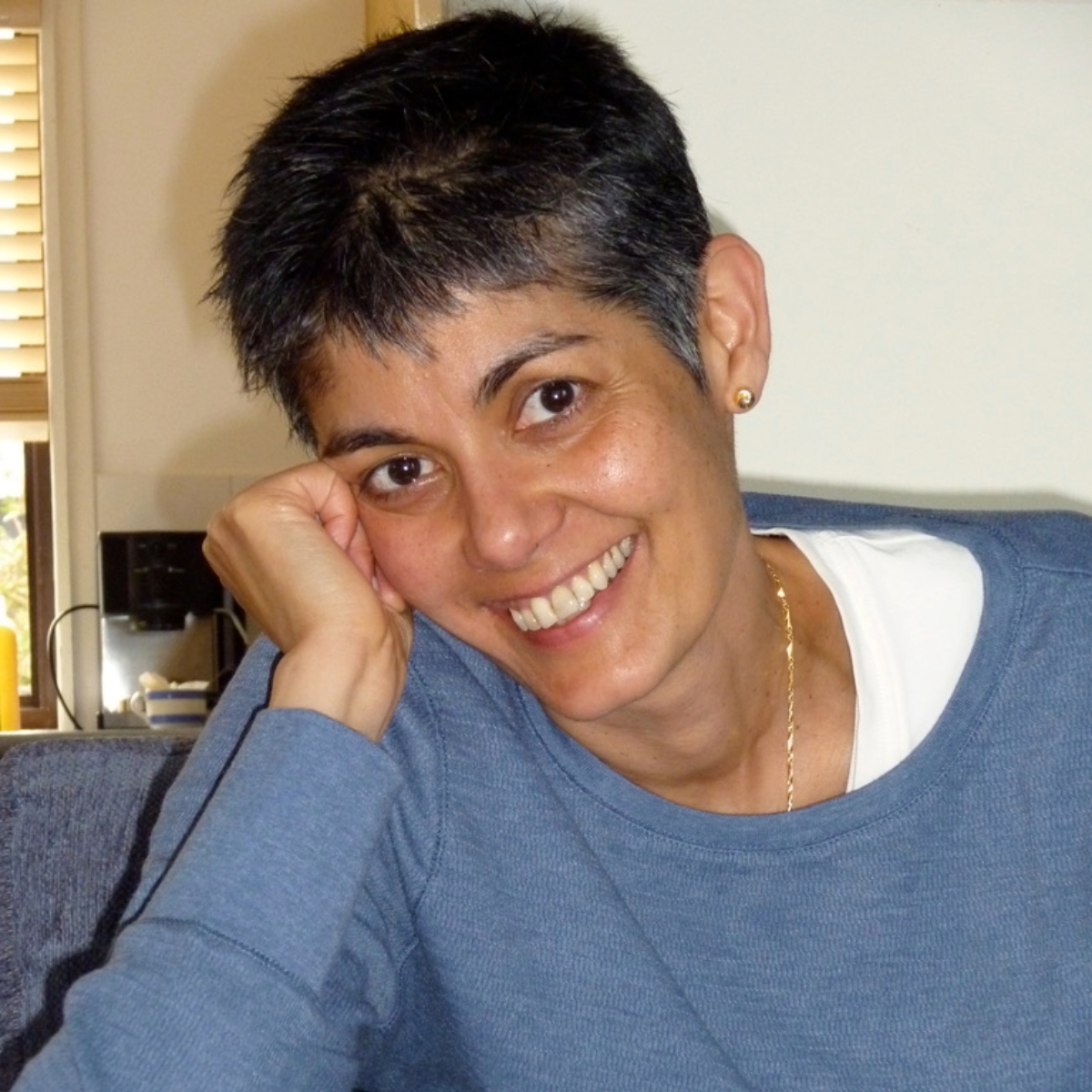Be the difference in the fight against brain cancer
A mother holding her child's hand, a father hoping for more time, a young adult longing to fulfill their dreams—this is the reality for those battling brain cancer. With survival rates stagnant for the past 30 years, these individuals face an uphill battle against one of the most devastating diseases.
But you can help to change the narrative.
Associate Professor Janet Schloss

Associate Professor Janet Schloss, a Clinical Research Fellow at the National Centre for Naturopathic Medicine at Southern Cross University, has dedicated her life to offering hope where there has been little. With over 23 years of experience as a clinical nutritionist and naturopath, Janet's work is deeply personal.

"Research is about how we can help make a difference to the individual. Even if it works for just a percentage of people, I've made a difference—and that's the best feeling."
Her groundbreaking research includes one of the world's first clinical trials on medicinal cannabis for aggressive brain cancers like glioblastoma multiforme (GBM). The results? Improved sleep, daily activity, and quality of life for participants. Incredibly, nearly half of the participants were still alive two and half years after the trial ended, surpassing the expected survival rate of 18 months. Some are still living four to eight years post-diagnosis—a powerful testament to the potential of complementary treatments.
But there is still so much more to be done.
Brain cancer continues to claim lives, with a survival rate of just 12.5%. With your support, we can help to change this. Janet is at the forefront of exploring natural therapies like medicinal cannabis and supplements to improve survival rates, reduce brain swelling, and enhance the quality of life for patients. However, these critical trials require funding to move forward.
Innovative drug delivery systems are also essential. Janet is researching micro patches that deliver medicinal cannabis through the skin, bypassing the digestive system. This makes treatment easier and more comfortable, especially for children, and empowers patients to manage their treatment independently. For those who have lost so much control over their daily lives, this small act of self-administration can be deeply meaningful.
By contributing to this vital research, you are not just donating to a cause—you are giving families more time, providing hope to those in their darkest moments, and supporting innovative treatments that could redefine the future of brain cancer care.
We invite you to join us in making this vision a reality.
Together, we can be the reason someone has a better tomorrow.

Share this page
More stories of impact

Help unlock nature’s potential for Parkinson’s

Help protect Indigenous Knowledge



